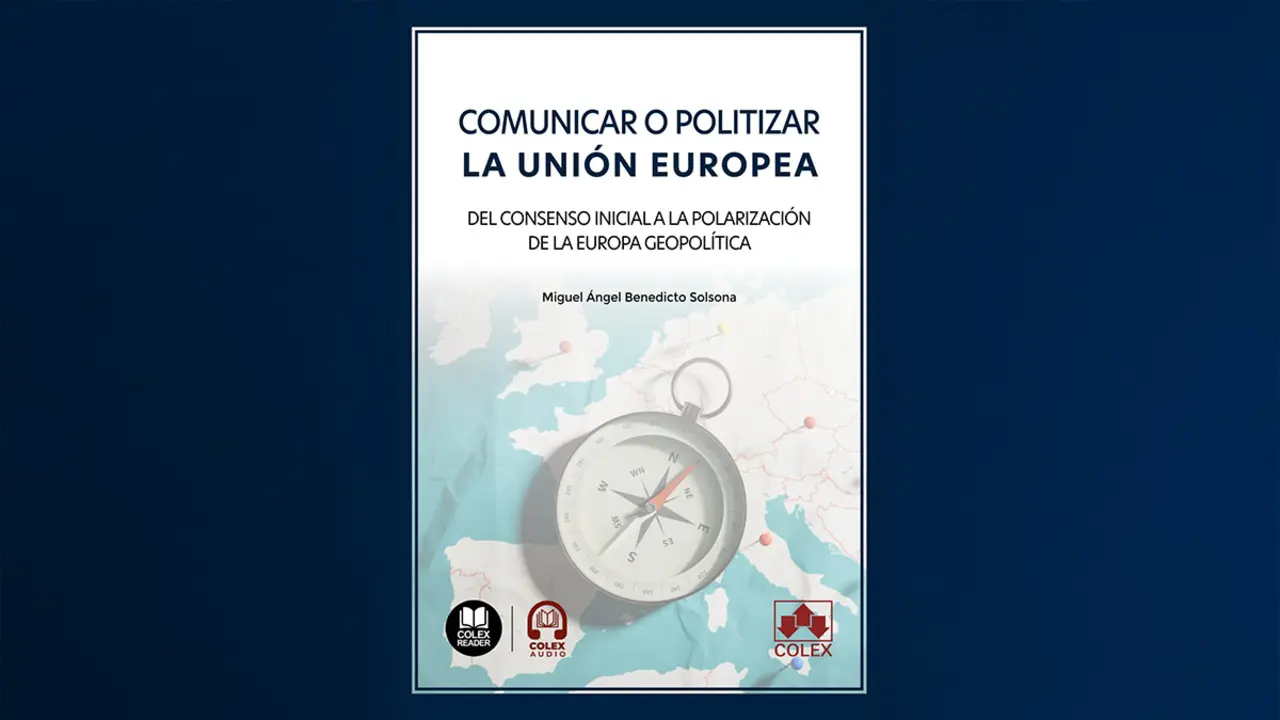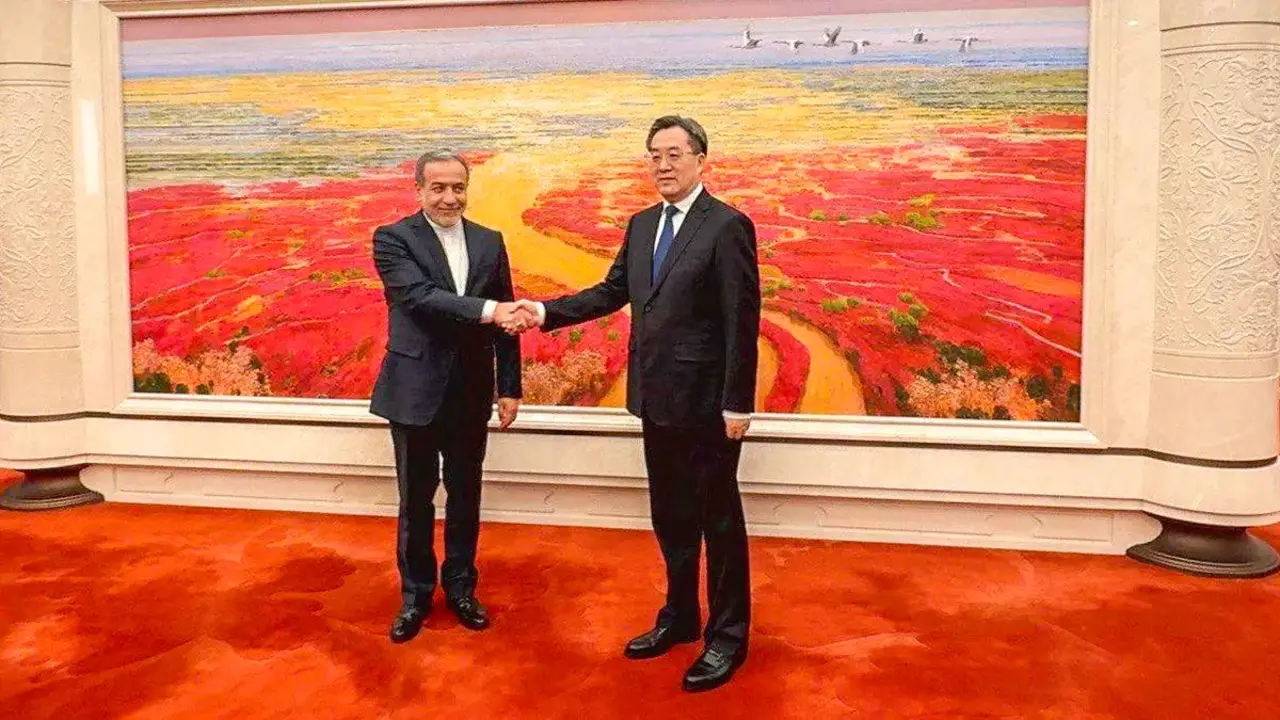Marruecos lidera la lucha contra el terrorismo junto con sus socios africanos

Morocco has reaffirmed its commitment to pass on its counter-terrorism expertise to other African nations. During a plenary session of the Africa Focus Group of the Global Coalition against Daesh in Niamey, Niger's capital, Ismail Chekkori, director of Global Affairs at the Ministry of Foreign Affairs, reiterated Morocco's willingness to share its experience with African states. "As co-chair of the Africa Cluster, Morocco remains committed to the security and stability of the African continent and will continue to support all initiatives and efforts aimed at eliminating the scourge of terrorism on African soil," Chekkori said. The United States, Niger and Morocco share the co-chairmanship of the group.
The Alawi official also emphasised the importance of the meeting, noting that it follows the first meeting held in Marrakesh, where the group of partner countries identified a clear path to improve responses against ISIS and its affiliates on the continent. "The group has become an essential component of the Global Coalition to Defeat ISIS in Africa," Chekkori said, highlighting the need to strengthen such systems in light of the numerous security threats facing the area. The North African nation's impressive record in the security sector, according to Chekkori, makes it a credible and reliable promoter of peace and stability on the continent. Chekkori also highlighted Morocco's regional leadership in the anti-terrorism field

The United States and Morocco are working together to defeat terrorism through a security and counter-radicalisation strategy. The Moroccan government has continued its comprehensive strategy in this area, which includes vigilant security measures, regional and international cooperation and counter-radicalisation policies, the US State Department noted, specifying that no terrorist incidents were recorded in the North African country in 2021. The US report recalls that Morocco is a member of the Global Counterterrorism Forum, which it co-chairs with Canada, as well as the Countering Violent Extremism Working Group of the Global Coalition to Defeat Daesh, and co-chairs the coalition's Africa Think Tank.
In legislation, the document stresses that the Kingdom investigates, prosecutes and convicts the accused under anti-terrorism legislation enacted in 2003 and extended in 2015, and which is in line with UN Security Council Resolution 2178. Moroccan law enforcement has leveraged intelligence gathering, police work and collaboration with international partners to carry out counter-terrorism operations, the same source says, adding that the Central Bureau of Judicial Investigations (BCIJ) remains the main law enforcement agency responsible for counter-terrorism prosecutions.

Several reports have endorsed Rabat's leading position in recent months and years in the fight against terrorism and related threats. The US State Department highlighted Morocco's vigilant security strategy and praised US-Moroccan counterterrorism cooperation in its most recent country reports on terrorism, which were released on 27 February. The report highlighted the "vigilant" security strategy Morocco has used over the past 20 years to deal with terrorist threats, saying Rabat and Washington have a long "history of strong" counterterrorism cooperation. The report said: "The Government of Morocco continued its comprehensive strategy, which includes vigilant security measures, regional and international cooperation, and counter-radicalisation policies".
In Africa, there are connections between separatism and terrorism. In his remarks at the Niamey meeting, Chekkori also recalled Morocco's concerns regarding armed separatist groups and their threat to the stability and development of many African nations. He also emphasised: "Unfortunately, this is not new on the African continent. Such separatist groups serve the agendas of their sponsors and hidden interests". Morocco has long emphasised the importance of teamwork in tackling terrorist threats in Africa, particularly in the Sahel, which security observers often refer to as a "fertile" ground for terrorists.

Numerous observers and reports have connected the secessionist militia, the Polisario Front, to terrorist organisations operating in the Sahel in their attempt to compromise Morocco's territorial integrity by claiming independence for the Western Sahara region. Mark Brnovich, a former Arizona attorney general, stated in January that Algeria had been supporting the Polisario Front, a terrorist group in Western Sahara that the Algerian country uses to undermine its neighbour, for many years with the help of Iran. While highlighting the close collaboration between Washington and Rabat in the context of global counter-terrorism efforts, the US acknowledged Morocco's "sustained efforts" to defeat terrorism through a strategy that combines security, economic and human development, as well as counter-radicalisation.
Moroccan Foreign Minister Nasser Bourita condemned the funding, arming and support of separatist groups during the ministerial meeting of the Global Coalition to Defeat ISIS held in Marrakesh in May last year. The Moroccan Foreign Minister said that the escalation in the number of people moving from separatist groups to terrorists and "vice versa" creates an objective alliance between these two types of groups. The Polisario Front, one of the separatist organisations that pose security risks, is supported, financed, armed and housed in the Tindouf camps, a desolate region in western Algeria, by the Algerian government.
Americas Coordinator: José Antonio Sierra.








